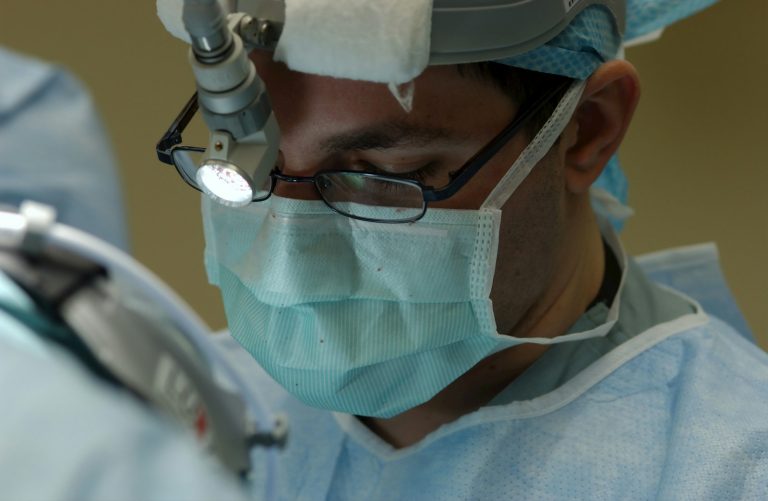Why is Prostate Cancer Screening so Important? is contributed by Skagit Regional Health. This is published in the Fall, 2024 Edition of Vibrant Senior Options Resource Guide.

Prostate cancer is the most common cancer and the second leading cause of cancer-related death in men in the United States. It typically presents in men in their 60s or older but can happen at any age.
Twenty to fifty percent of men in their 50s can have prostate cancer.
What are the Common Symptoms of Prostate Cancer?
Prostate screening is especially important because symptoms typically are not present until it has reached later stages. Early on, symptoms can be very non-specific or even absent. As the cancer progresses, people may experience bone pain or blood in the urine. It can block the urinary system and the kidneys.
Who Should Undergo Screening?
Based on the recommendations of the American Cancer Society (ACS), prostate baseline screening for men includes talking with their healthcare provider to determine their risk level.
Men between the ages of 50-70 should undergo prostate screenings. If an individual has a predisposition to prostate cancer, such as a first-degree family history (dad, sibling, son), the screening age is lowered to 40-45.
“And in men undergoing prostate screening routinely, usually through their primary care doctor, about 90% of prostate cancer is found to be organ-confined at diagnosis, which is why the screening process is so important,” states Dr. Kyle Schuyler, a urologist at Skagit Regional Health..
What types of prostate cancer screening exist?
There are two ways to determine if a man has prostate cancer:
- Prostate Specific Antigen (PSA): A blood test to determine if higher than normal levels of this antigen are present
- Digital Rectal Exam (DRE): Physical examination through the rectum to evaluate the size of the prostate gland
If either of these tests is abnormal, further testing is necessary to make an accurate diagnosis and monitor treatment. Usually, a core needle biopsy is the method used to diagnose prostate cancer.
Next Steps
According to the American Cancer Society, “screening increases the chances of detecting certain cancers early, when they are most likely to be treated successfully.”
To schedule your prostate screening today, visit www.skagitregionalhealth.org to learn more.
Kyle Schuyler, MD
Urology, Robotic Surgery
Skagit Regional Clinics – Mount Vernon
360-814-6565
Learn more about the latest Advancements in Prostate Cancer Treatment, see the complete article: www.skagitregionalhealth.org/…ProstateCancer

